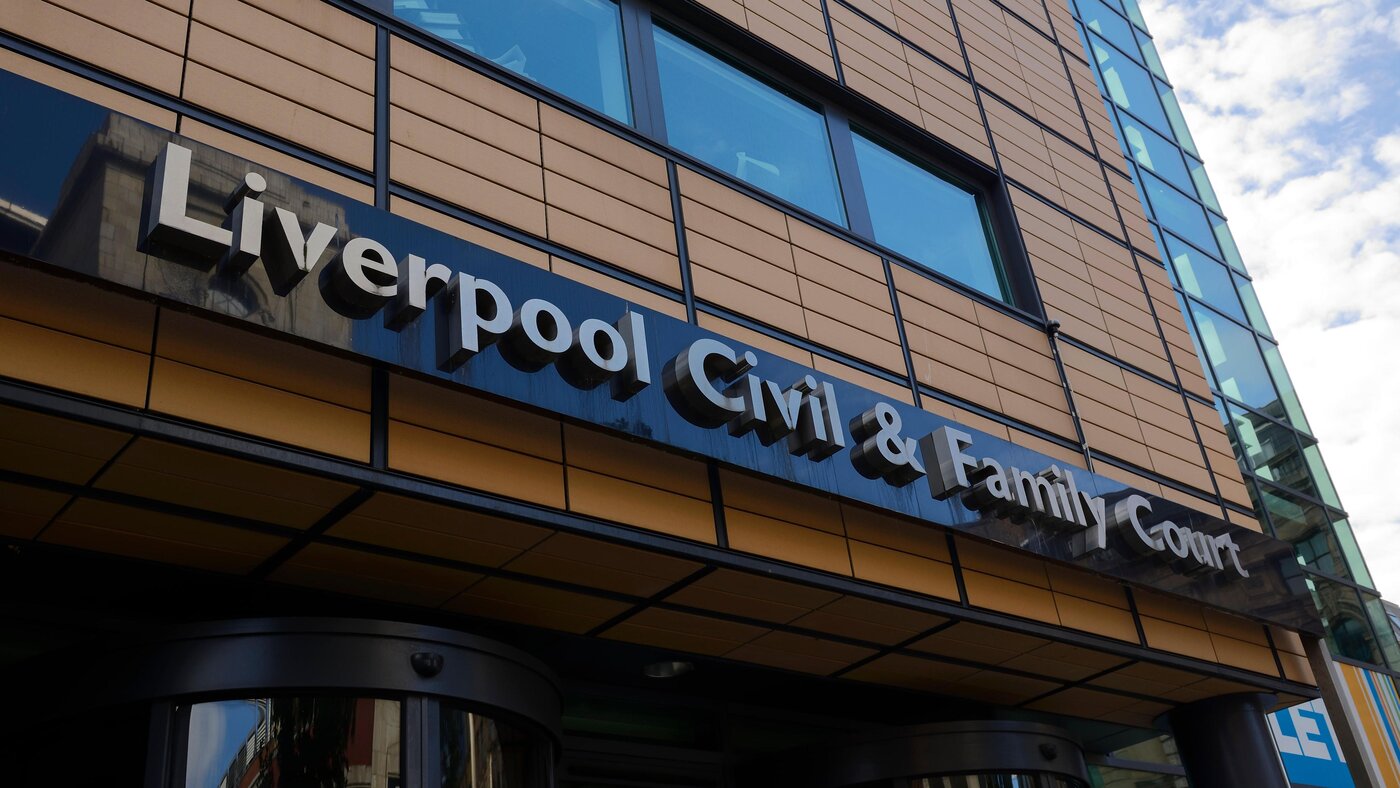Introduction
A family court in Liverpool has raised concerns after a council approved a payment of £289,000 for a 17-week specialist placement for a vulnerable teenager.
The decision has highlighted ongoing challenges faced by local authorities when placing at-risk young people in appropriate care. In this case, the teenager, who has a history of involvement with organised crime and was considered highly vulnerable, received an order to be accommodated at a specialist outdoor activity centre.
The significant cost and lack of alternative options have drawn criticism from the judiciary and prompted calls for reform in how placements for vulnerable children are funded and managed.
Court concerns over high placement costs
During recent proceedings at Liverpool Family Court, Judge Steven Parker described the £289,000 expenditure on a single child’s 17-week placement as “astronomical”. The judge warned that such costs were becoming increasingly common, posing ongoing pressures on council budgets.
He noted that local authorities often have little choice but to pay premium rates set by private sector providers.
Judge Parker stated, “Local authorities are at the mercy of the private sector,” emphasising that councils are regularly forced to secure placements with weekly costs ranging between £12,000 and £20,000. He expressed doubts about the sustainability of such expenses in the long term.
Background of the case
The child involved, referred to as “A” to protect his identity, has been known to children’s services since 2017. The court heard details of a complex background, including family instability and exposure to substance misuse.
The teenager had previously presented with concerning behaviours, including instances of going missing, disengaging from education, and interactions with criminal groups. In March, A received hospital treatment for injuries that medical professionals considered likely to have been inflicted with a knife.
His mother had alerted authorities to the presence of drugs, cash, and weapons among the teenager’s possessions, underlining safeguarding risks.
Placement details and risks
According to court documents, the placement secured for A was at an outdoor activity centre with facilities tailored for children at risk of criminal exploitation and knife crime. The council reported that staff at the centre were trained to manage highly vulnerable young people, and the intervention was considered necessary to protect A from further risk.
A had recently begun to re-engage with education and was making progress, the court heard. The local authority indicated this was the first opportunity to provide a suitable care environment after a period of exhaustive searching.
Judge Parker agreed to impose a Deprivation of Liberty Order to ensure the placement could proceed.
Judge comments on local authority challenges
Judge Parker highlighted the lack of affordable and effective placements within the public sector, pointing out that the only alternatives on offer were often unregulated and equally costly.
He observed, “Whilst it is obvious that the issue requires a solution it is not a matter for me, as a judge, to say what that should be,” stressing that the problem requires legislative attention. He added that the high cost of care provided by private firms continues to raise questions about value for money and the long-term viability of councils meeting their statutory duties for vulnerable children.
Government response to high costs
The Department for Education (DfE) has acknowledged concerns over the profitability of some private care providers. A spokesperson stated that the government regarded it as “unacceptable for providers to profit excessively from vulnerable children”.
The government has committed £560 million towards reforming children’s social care, with a focus on increasing capacity through the refurbishment and expansion of children’s homes. The DfE added, “Through our ongoing reforms, we are rebalancing the market, improving transparency and commissioning, and cracking down on profiteering.”
The aim, according to the DfE, is for local authorities to achieve greater value for money.
Final Summary
The Liverpool Family Court case has brought renewed attention to the rising costs and supply challenges confronting local councils responsible for vulnerable children.
Judge Parker’s remarks, supported by concerns from central government, underscore the need for policy reforms to determine how safe, effective, and affordable care can be delivered.
As demand for specialist placements grows, the financial burden on councils could impact wider public services if left unaddressed. Ongoing debate is expected about how best to balance market dynamics, child welfare, and fiscal responsibility, developments which can be tracked through up-to-date news and specialist apps such as Pie.











